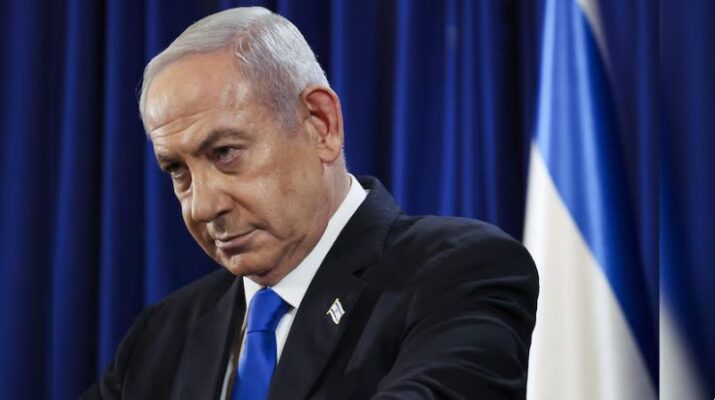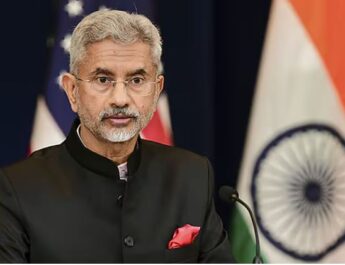New Delhi : Israeli Prime Minister Benjamin Netanyahu announced on Friday that an agreement has been reached regarding the return of hostages held in the Gaza Strip. This development follows earlier statements from his office indicating that there were last-minute obstacles in finalizing a ceasefire aimed at halting 15 months of conflict.
Netanyahu indicated that he would convene his security Cabinet later that day, followed by a government meeting to secure approval for the long-anticipated agreement, as reported by the Associated Press.
According to a statement from the Prime Minister’s Office, “The State of Israel is dedicated to fulfilling all objectives of the war, including the return of all our hostages—both living and deceased.”
Since October 7, 2023, Israel and Hamas have been embroiled in a severe conflict, initiated when militants from Gaza infiltrated Israel, resulting in the deaths of over 1,200 citizens and the abduction of hundreds. In retaliation, Israeli attacks have led to the deaths of more than 46,000 Palestinians.
Numerous human rights organizations have accused Israel of committing war crimes, a claim that Netanyahu’s administration refutes.
Netanyahu’s remarks seem to pave the way for the Israeli government to endorse the agreement, which would temporarily halt hostilities in the Gaza Strip and facilitate the release of numerous hostages held by militants in exchange for Palestinian prisoners in Israeli custody. Additionally, it would enable hundreds of thousands of displaced Palestinians to return to the remnants of their homes in Gaza. On Thursday, Israeli airstrikes resulted in the deaths of at least 72 individuals in the war-torn region.
Initially, Israel postponed a vote on the ceasefire on Thursday, attributing the delay to a last-minute disagreement with Hamas, which raised concerns within Netanyahu’s coalition government regarding the deal’s implementation, just a day after US President Joe Biden and key mediator Qatar announced its completion.
What was holding back the deal?
Netanyahu’s office has accused Hamas of violating certain aspects of the agreement in an effort to secure additional concessions, although it did not specify which aspects were in question.
During a briefing on Thursday, David Mencer, a spokesperson for the Israeli government, indicated that Hamas’ new demands pertained to the positioning of Israeli forces in the Philadelphi corridor, a narrow strip along the Egyptian border that Israeli troops captured in May.
Hamas has refuted these allegations, with senior official Izzat al-Rishq asserting that the militant organization remains committed to the ceasefire agreement as announced by the mediators.
The ceasefire agreement has faced significant opposition from Netanyahu’s far-right coalition partners, whose support is crucial for the Israeli prime minister to maintain his position. On Thursday, Itamar Ben-Gvir, Israel’s hardline national security minister, threatened to resign from the government if the ceasefire is approved.




